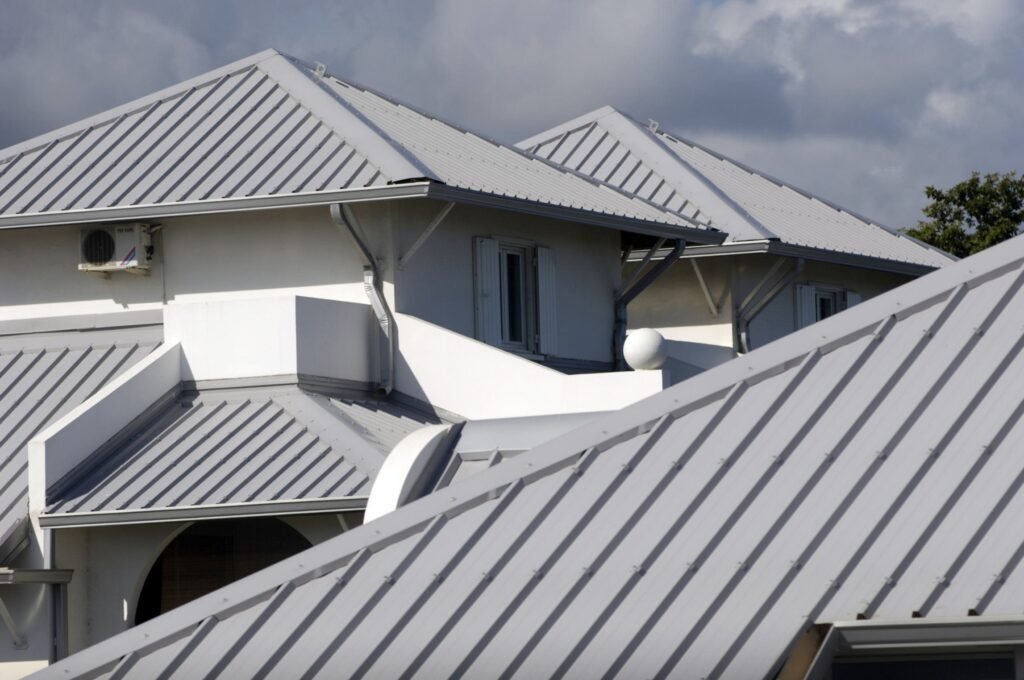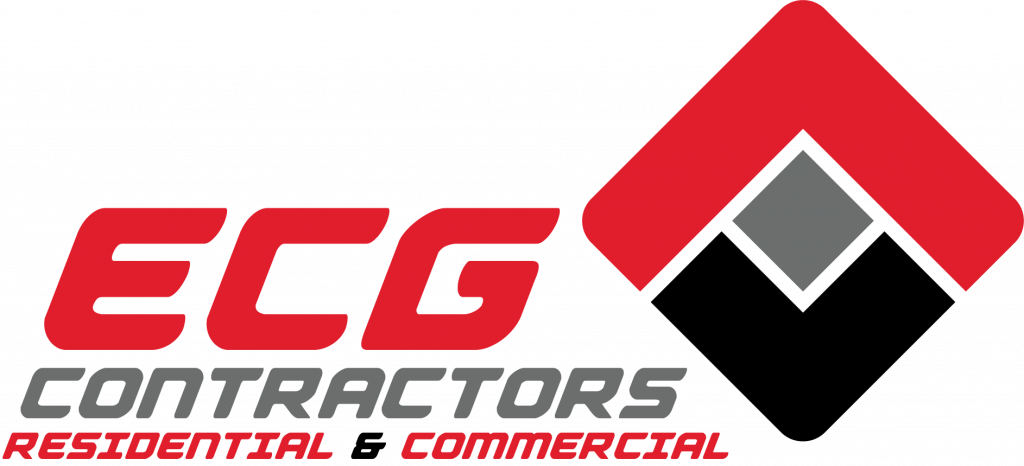When it comes to residential roofing Atlanta, many homeowners focus on the visible aspects like shingles or tiles, often overlooking a critical but hidden component—the roofing underlayment. Roofing underlayment is like the unsung hero of your roofing system, playing a vital role in protecting your home against leaks and water damage.
What is Roofing Underlayment?
Roofing underlayment, sometimes referred to as roof felt or tar paper, is a water-resistant or waterproof barrier that is installed beneath the primary roofing material, such as shingles, tiles, or metal panels. It is typically made from materials like asphalt-saturated felt, rubberized asphalt, or synthetic materials. The underlayment is installed directly on top of the roof deck, providing an extra layer of protection between your home’s interior and the outside elements.

The Role of Roofing Underlayment
Water Barrier: The primary purpose of roofing underlayment is to serve as a secondary barrier against water infiltration. Even if your outer roofing material gets damaged or if water finds its way under the shingles, the underlayment acts as a safeguard, preventing moisture from seeping through to the roof deck and into your home.
Protection During Installation: Roofing underlayment provides temporary protection during the installation process. It shields the roof deck from exposure to the elements and debris while the primary roofing materials are being installed. This is especially important in case of sudden rain or snow during the installation.
Enhanced Roof Longevity: By preventing water damage and leaks, underlayment significantly extends the lifespan of your roof. It adds an extra layer of defense, ensuring that your roof remains in good condition for years to come.
Condensation Control: In colder climates, condensation can form on the underside of the roof deck. Roofing underlayment helps control condensation by providing a vapor barrier, which can be crucial in preventing mold and rot.
Significance in Protecting Against Leaks and Water Damage
Roofing underlayment is the last line of defense against leaks and water damage. Without it, water intrusion could easily lead to:
- Interior damage, including water stains, mold growth, and structural issues.
- Weakening of the roof deck, which can affect the structural integrity of your home.
- Premature deterioration of the primary roofing materials.
To ensure the underlayment effectively performs its protective functions, your residential roofing installation in Atlanta must be done by experienced roofing professionals. The quality and type of underlayment used should also align with the specific roofing materials and climate conditions of your region.


